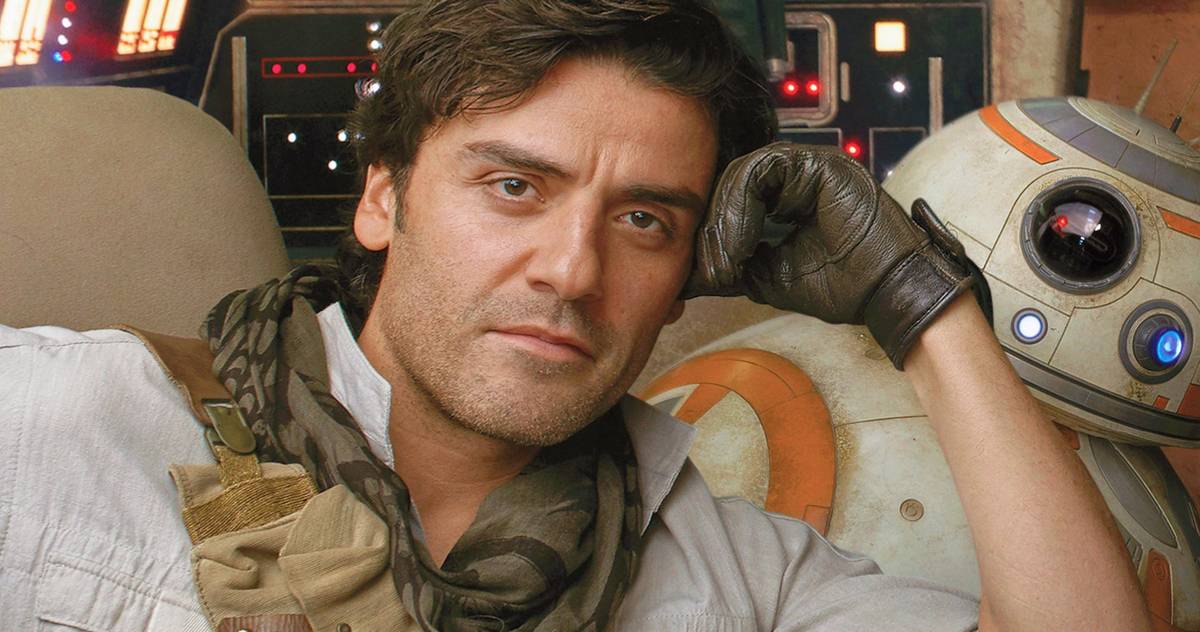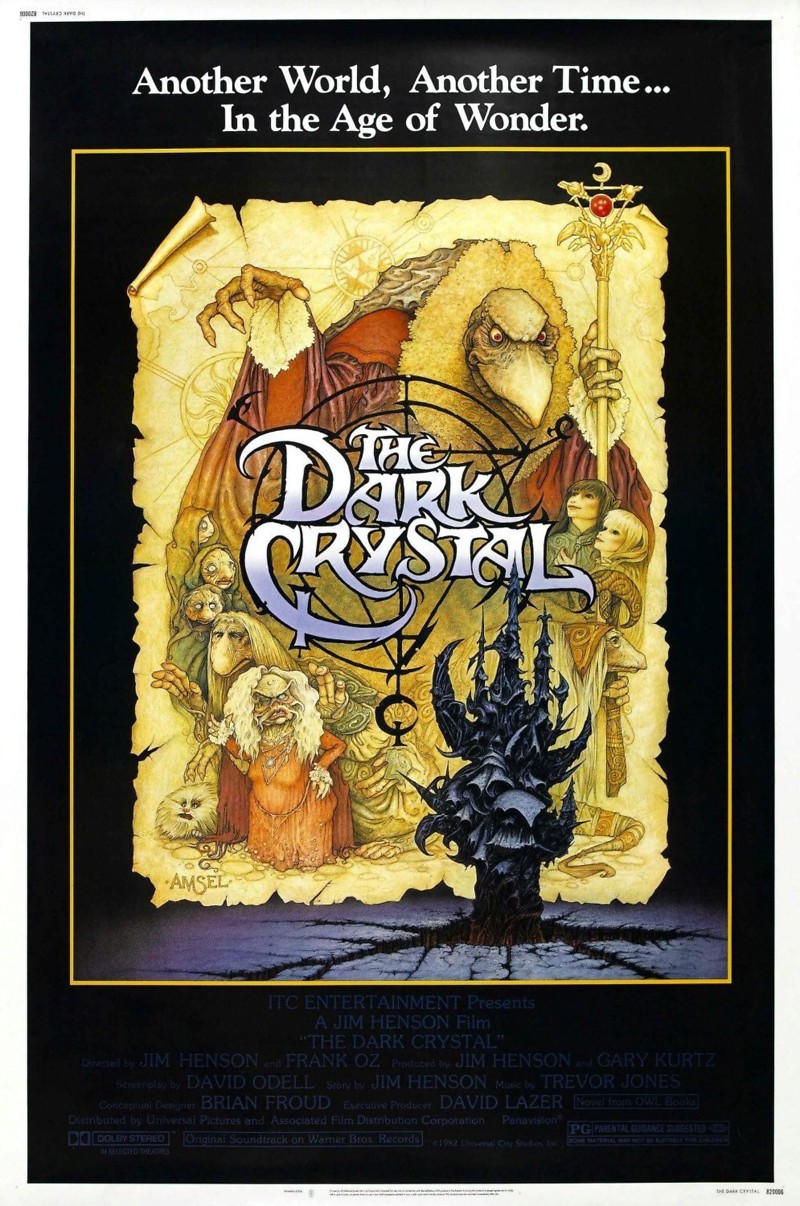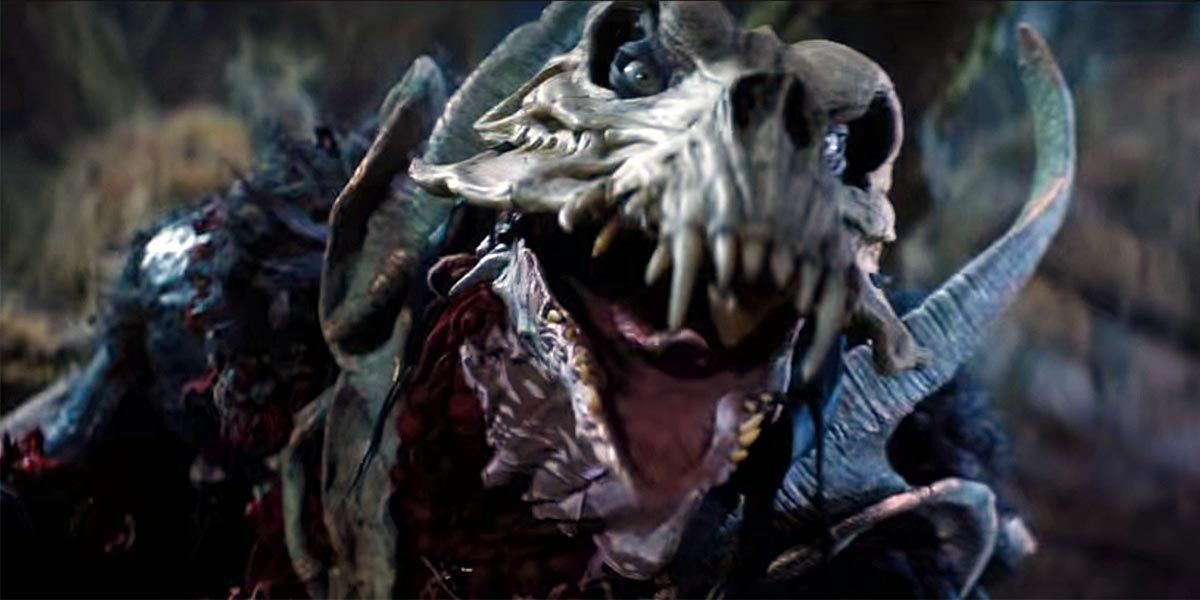Jay here.
It's been a while since I have written a movie review. It's not for lack of wanting, that is for sure. When my first child was born over 4 years ago and then my second came a year and half later my entire life was upended. Many of things that were normal for me, like going to movies with regularity, became rarified. Now that they are getting older I find that it is easier to get out and so my stepson, Nate, and I were able to get out for the opening night of The Rise of Skywalker. Leading to its opening this film has received a Lukewarm (see what I did there) reception for critics across the board. Well, I steadfastly avoided spoilers and ignored reviews to make up my own mind. I will be spoiler free to start and then later will address key plot points. So, look out for my SPOILER warning if you don't want to know this movie's secrets.
First, I want to get a couple of things out of the way. I am a fan of Rian Johnson's beleaguered and controversial 8th chapter in this saga, The Last Jedi. I think it is best I explain why in a more detailed form at a later time, but I will boil it down to several things that stood out to me. It is clear to me that Johnson wanted Star Wars to grow up a little for his film. It paints in a lot of grey tones for a series that has been known to stick to black and white for the most part. It is also an absolutely gorgeous piece of filmmaking made by a director who really wanted to invoke some stark and striking imagery. Besides all that, I will always applaud the audacity of Johnson to try and make the most "meta" Star Wars film that he could and that movie is dripping with metaphor in almost every frame.
 |
| Kylo Ren (Adam Driver) and Rey (Daisy Ridley) engage in a climactic lightsaber duel that is also very, very . . . wet. |
The problem is that many fans don't want to take their Star Wars movies seriously and be challenged when it comes to the themes buried just under the surface. They want them to be fun, with realistic dialogue, badass fight scenes and a plot twist or two thrown in for good measure. And trust me, I will never judge someone for just wanting to have fun at the movies. I have learned to find a good balance though in what I expect from a movie as far as pure entertainment and also what I want to be challenged with. If a film can do both then that is special, and that is what TLJ did for me in many ways.
I am writing about TLJ a lot here because it is nearly impossible to offer up a solid criticism of The Rise of Skywalker without first considering its predecessor and the choices that were made in response to that chapter. It is hard to avoid the obvious decisions that were made to try to appease a section of the fan base that hated Episode VIII. Gone is a lot of the exploration of themes like failure, identity and loss and we are given something that is clearly trying to get things back to black and white. They way they do this is by bringing back everyone's favorite evil supreme Sith lord, Emperor Palpatine/Darth Sidious.
I am not spoiling anything but it has been well documented by dozens of trailers, etc. that the Emperor would be returning for this final installment of the Skywalker saga. The movie jumps immediately into this new twist at the very beginning by showing us where he is and also what he wants of Kylo Ren (Adam Driver). It is always a joy to see Ian McDiarmid playing this role. Throughout the series he has been one of the most consistently excellent parts of Star Wars. Hell, I would argue he was the best thing about the Prequels hands down. Here he is still having a ton of fun, and I would say he is scarier here than he has ever been. SIDENOTE: I had seriously considered taking my son, Luke to see his very first Star Wars with me this time and I am so glad I did not because he would have crawled under the seats when he sees Palpatine's face in this one. He is truly a frightening presence.
 |
| Rey (Daisy Ridley) confronts the Emperor (Ian McDiarmid) at long last. |
I cannot though ignore the fact that his return leaves a sour taste in my mouth. One of the most poignant moments in the Star Wars saga is when Darth Vader, after seeing his son about to die horribly in a blast of dark energy shooting from Palaptine's fingers, succumbs to the Light and the love he has for his son, and turns on his Master throwing him down that shaft and killing him. Bringing him back in this way cheapens that moment and robs it of its catharsis. I understand why they felt they had to. Snoke (Andy Serkis) had been offed in TLJ and they needed another Big Bad (your welcome Buffy fans) to threaten the good guys, but why him? In this aspect of the movie's story I feel torn because I LOVE the Emperor but I feel his death at Anakin's hands was important.
The rest of the film runs at a breakneck pace, as Rey (Daisy Ridley) and her friends embark on a quest to find the Emperor's location with a determined Kylo Ren on their trail, still convinced he can turn Rey to the Dark Side to be his partner-in-intergalactic-crime. Standing out amongst the good guys is definitely, Poe Dameron (Oscar Issac) who fully slips into the Han Solo role amongst the Rebels. He commands the screen in much the same way Harrison Ford did and for the first time he really shines in this role. C-3PO (Anthony Daniels) has not been this good since The Empire Strikes Back and that is mostly due to the great back-and-forth between him and Poe. I couldn't help but be reminded of the banter between Solo, Leia and Threepio in that movie and works just as well here.
 |
| Oscar Issac as Poe Dameron was so good in this I felt at times he was putting the whole movie on his back and carrying it over the finish line. |
New characters are introduced including Keri Russell's, Zorii Bliss, a shady character with a past connection to Poe, and Naomi Ackie's, Jannah a former Stormtrooper who deserted just like Finn (John Boyega). These and other new friends contribute to a movie that can feel overstuffed as director, J.J. Abrams attempts to spin many plates without dropping. Despite what a lot of critics are saying I think he did an ok job.
Is The Rise of Skywalker the best Star Wars movie? No, it is not. It isn't even the best of the Sequel Trilogy. But it isn't the worst either (I'll give you a hint: "I've been dying a little bit each day since you came back into my life.") There are some truly hokey moments and there decisions that are head scratchers. It lacks the daring, deepness and gloss of The Last Jedi and it lacks the pacing and Han/Chewie of The Force Awakens. But, it is not as bad as many critics are making it out to be. It moments of great action buoyed by the strong chemistry of these actors, It has a few strong emotional moments that should make any fan get a little verklempt. It also does have a heart that you can hear beating if you are invested and can put aside any preconceived notions.
With that said I give you my revised ranking of the Star Wars films with TROS included:
11. E2: Attack of the Clones
10. E1: The Phantom Menace
9. Solo
8. E3: Revenge of the Sith
7. E9: The Rise of Skywalker
6. E6: Return of the Jedi
5. E7: The Force Awakens
4. Rogue One
3. E8: The Last Jedi
2. E4: A New Hope
1. E2: The Empire Strikes Back
And now for the SPOILER filled portion of my review I would like to comments on some plot specific areas of TROS that if you do not want to know about you should stop reading now . . . .
- It is never explained how Palpatine survived his supposed death in ROTJ. Is it wrong I want to know this? How did he live through being thrown down that shaft and also the explosion of the Death Star?? If he used the Force (which is the only answer that fits) why not say that??? What's he been doing all this time? If he created Snoke, how did he do that??? Why is it necessary to leave so many plot holes in how this man is still alive???????
- So somewhere the decision was made that going with the idea that Rey's parents were "nobodies" pissed off enough of the fan base that they needed to make her Palpatine's granddaughter. I feel like there is ZERO chance this was the decision before this trilogy was started. Why is it a problem her parents were regular folk? Why does every main character have to be the son, sister, grandson or granddaughter of some other main character? This is a mold TLJ attempted to break but it didn't please some of the fans. I feel like they couldn't let Star Wars grow up and be something else. Is it a huge problem for me that she is his granddaughter? No. But it certainly is not earned and feels disingenuous.
- The biggest surprise for me is how effective they handled Leia with Carrie Fisher's untimely passing. I was concerned her scenes would be handled in such a way it would take me out of the film and it did not happen. She was inserted into the film in a very effective way and I honestly still connected to her story of how she gave up training as Jedi because of her premonition about her son and Rey. It is also very earned that she would be the one to initially reach out to her son during his duel with Rey and begin his return to the Light.
- Adam Driver again earns his place as MVP of this trilogy. I don't care if he is a tool in real life and walks out of interviews if he has to hear himself sing, he was again awesome as Kylo Ren/Ben Solo. My favorite moment of this film was Harrison Ford's cameo with him, hands down. So emotionally resonant and it saved the movie for me in so many ways. It was naturalistic and performed to the hilt by two great actors. When Ben simply says to the father he killed, "Dad ....." and Han says, "I know." It floored me and honestly I didn't even pick up to the obvious throwback to his famous line in Empire until the next day. That's how real it was. The movie needed more moments played like this one.
- I have to repeat how good Oscar Issac was in this and he carried huge chunks of the movie on his back. Anthony Daniels was the comeback player of the year with his return to form as a C-3PO you can laugh at without him being a total joke.
- Lando was fun to see again even if he didn't do much.
- Can Richard Grant play an evil commander in every movie until the end of time? Thank you.
- Ian McDiarmid looked like zombie Emperor and it worked, but where did all the hundreds of Sith dudes come from at the end? Were they actually there or were they the ghost of the Sith that live in him? I guess the latter.
- Rey giving Ben his grandfather's lightsaber and him opening a can whoopass on the Knights of Ren was Driver's most badass moment in the trilogy. I've been waiting for Ben to make an appearance since he was revealed in TFA. He didn't dissapoint.
- His death, though, did disappoint. WTF was that? The audience in at my showing of the movie actually laughed when he laid down after saving Rey and just died, joining the Force. It is never a good thing when the death of one of your main characters is laughed at by the viewers. It means you did something wrong, and mind you, I don't think his dying was a bad idea, it was how they shot it and paced it. It was sudden shocking and silly so soon after saving Rey who had apparently died. It did not work and was a disappointing way to end such a well-developed character up until that last moment.
- I was listening hard to try pick up on all the voices of the fallen Jedi speaking to Rey through the Force. I know I heard young and old Obi-Wan Kenobi, Mace Windu, Yoda, Qui-Gon Jinn, Leia, Anakin and I think some of the characters from The Clone Wars and Rebels. This was nicely done.
- Oh and BTW, Jedi's CAN influence the midi-chlorians to save a life. SO YOU WERE WRONG PALPATINE!! It wasn't just Sith. If only Anakin had known this and had Rey and Ben's new godlike power to heal anyone and anything.
- And that reminds me . . . how the hell can Jedi's now heal even mortal wounds?? As Han would say, "That's not how the Force works!!"
- Every scene with Mark Hamill was excellent. Force Ghost Luke did not dissapoint and him giving Leia's lightsaber to Rey was moving.
- The final scene of Rey at the Larrs farm on Tattooine was an appropriate way to end it all. I loved her sliding down the sand into the common area below. It was a nice touch. And, of course, when she tells the old woman her name is Rey Skywalker at the end it pulled at my heartstrings and my audience cheered.











